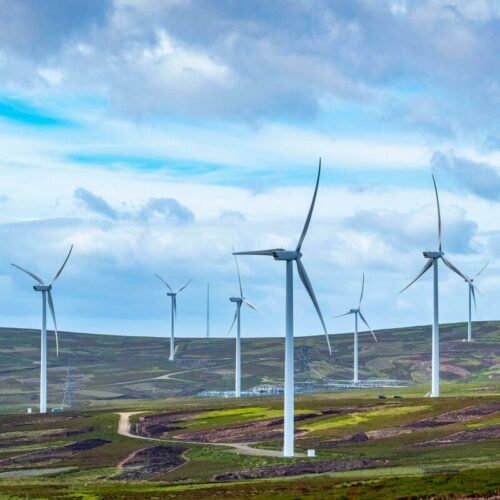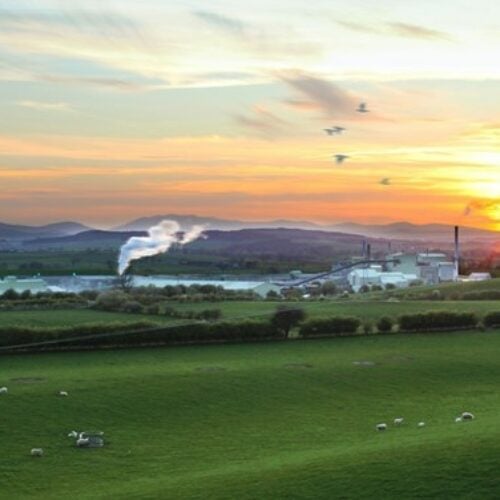Great Britain has completed a full week without coal generation, the first time it has done so since the Industrial Revolution in 1882.
National Grid ESO confirmed the landmark had been reached in a tweet at 1:25pm this afternoon, having previously guided that the feat was likely to occur.
Coal was last used to generate electricity before 2pm last Wednesday 1 May 2019, and yesterday National Grid said that owing to continued high wind speeds, the country was on the cusp of going a week without coal for the first time in 137 years.
Commenting on the landmark, National Grid ESO director Fintan Slye said: “As more and more renewables come onto our energy system, coal-free runs like this are going to be a regular occurrence. We believe that by 2025 we will be able to fully operate Great Britain’s electricity system with zero carbon.”
Jonathan Marshall, head of analysis at the Energy and Climate Intelligence Unit, said that having now lasted a week without coal, the achievement “further buries the notion” that transitioning away from the most polluting fuels would cause power outages.
“Outdated warnings that cutting carbon from our power system would lead to blackouts have been comprehensively proven to be incorrect. In fact, energy bills are falling and emissions are coming down while low-carbon generation continues to go from strength to strength,” he said.
But while Slye raised the prospect of even more records in the pipeline, Marshall warned that the government had work to do to ensure the “low carbon pipeline does not run dry”.
“A slowdown in solar installations and the grounding of new onshore wind capacity has put all of our eggs in the offshore wind basket. While the costs of offshore wind have plummeted, it is not sensible to rely on a single source of power. The government has itself admitted itself it needs to speed decarbonisation, so finding a way to boost onshore renewables and nuclear power generation should be an urgent priority,” Marshall said.





